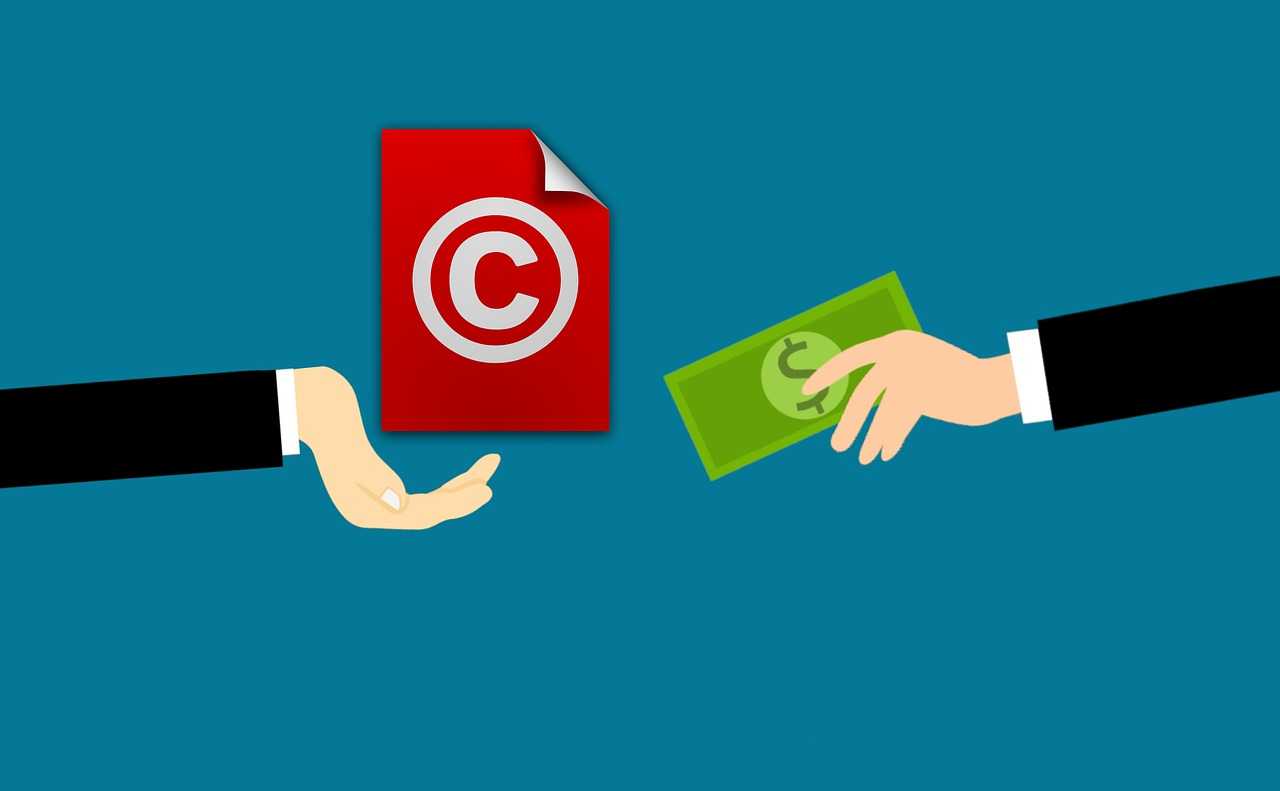Welcome to this post about patents and chips. Not a lot has been written about this combination, but there is a lot to know, especially for the innovators and entrepreneurs themselves. In this three-weekly series, I talk about various aspects, from a dual perspective of a patent agent and a semiconductor entrepreneur. If you like the article and read it on LinkedIn, give it a thumbs up, and/or click on Follow. If you like to work with us for your next patent, "contact us" info is on www.icswpatent.com. You can also subscribe/unsubscribe for short email alerts when the next post is available.
 Can a competitor force you to license your patent to him (or her)? The short answer is, as so often: it depends. The long answer: it depends on the scenario in which you are. Here are several situations in which a competitor may have a real strong bargaining point:
Can a competitor force you to license your patent to him (or her)? The short answer is, as so often: it depends. The long answer: it depends on the scenario in which you are. Here are several situations in which a competitor may have a real strong bargaining point:
- You participate in an industry consortium, and work on standardizing a new technology. Your patented work may have become part of an IEEE or IEC or other standard, and you have identified one or some of your patents as Standard Essential Patents (SEPs). The downside of this is that you no longer have control over who licenses the patent. The obvious upside is that whoever uses the standard is going to pay you money. Not the worst situation to be in, of course. What can you do to still sustain a competitive edge? Look for an invention that is valuable for the technology (like smaller die size, or lower power) but not essential. Don't identify its patent as a SEP, but present it in every relevant conference, along with the information that it is patented, but not part of the standard's patent pool. You'll be in control to whom you license or don't license.
- If a competitor improves your invention, they can file for a patent that includes your invention, but has some additional limitation. In other words, their patent is a subset of yours, and you didn't describe or claim the additional limitation. They will want a license on your patent, but you probably also want a license on their patent so that you can distinguish yourself from other competitors. You both have a potentially strong bargaining chip. While you can always say "No", it may be worth considering "Yes".
- A competitor might find out what your company's Achilles tendon is and use it to his advantage to force you to license your technology, maybe on terms that you don't like at all. Every company, even the biggest one, has an Achilles tendon. Or a couple. If an aggressive competitor finds out where your Achilles tendon is, and finds a way to hurt it, you are in trouble. Other than not exposing your weakness to competitors, or anybody, there may be little that you can do to prevent this. Your Achilles tendon may be anything. It could be related to your intellectual property, but it could also be something else entirely.
 Alternatively, the competitor may have other intellectual property rights that are valuable to you, but not so much to them. They will come talk, and you should probably receive them warmly. It seems like a healthy business situation to me: you are both looking for a win-win.
Alternatively, the competitor may have other intellectual property rights that are valuable to you, but not so much to them. They will come talk, and you should probably receive them warmly. It seems like a healthy business situation to me: you are both looking for a win-win.- Your competitor is a large company with a bulk patent strategy. They have a lot of patents, many of those without much merit. But they can bully you if they want. They may be willing to infringe your patent, and when you sue them, they might countersue claiming you infringe a hundred of their patents. You'll need nerves of steel, and a level-headed judge who doesn't automatically side with the big boys. I'm not a lawyer, let alone a litigator, but I see some pretty risky downsides to this competitor's strategy. If your competitor doesn't reach a deal with you, they could be on the line for hundreds of millions of dollars. On the other hand, you could run out of money before a verdict is reached. And even if you win, they may go appeal all the way to the Supreme Court. In addition, they may even win some of the cases in the countersuit. In this kind of cases, you want to carefully evaluate the risk involved with refusing to license the patent rights.
- Your competitor could be larger than you, but without a bulk strategy, or without the willingness to use it. They could challenge the patent if you refuse to license it. The patent office has procedures for challenging patents, and has been accused of siding with Big Tech. Independent inventors have united to make this problem known and to fight it. The USPTO is headed by the Under Secretary of Commerce for Intellectual Property, and the agency Director. Kathi Vidal was appointed in both roles earlier this year, and expectations are that she may have a positive impact. Hang in there, frivolous challenges to standing patents may not remain so attractive anymore.
- Your competitor blackmails you. Confess to your life partner, then go to the police.
All in all, yes, you may be forced to license the rights to a patent to a competitor. If they want to play dirty, they can. There are many larger companies that do play ethically, or that have the internal structure to correct unethical behavior of individual managers once they are aware of it. But forcing a competitor out of the market could be dirty, but still ethical…


